
Getting Lost in Our Own Bullsh*t – the Excuses We Use to Not Write
Getting Lost in Our Own Bullsh*t – the Excuses We Use to Not Write
Honestly I’ve heard them all. Hell, I’ve used them all.
I’ve had ten books published, have six or seven partially-written manuscripts saved in three different computers and dozens of journals, have mentored hundreds of writers, and even published a few through Joanne Fedler Media. There isn’t a ‘why-I-can’t-write’ excuse I haven’t cross-examined close-up.
But I’m at the stage of life where I’m over my own – and other people’s – bullsh*t. We just don’t have the kind of time these excuses waste.
Here are some of the guises we use to duck and weave out of writing:
1. ‘And how shall I begin?’
Most of us never get past the thought, ‘I’d love to write.’ Why? Because we don’t know where to start. We just want someone to point out the entrance as if there is only one. The truth is you can start anywhere. Where you start writing and where your book or story begins are not one and the same. You do not need to know where your book begins until if you’re lucky, your sixty-fourth rewrite. I’m telling you this because you need to hear it – dilly-dallying over where to begin is your way of delaying your dream of being a writer.
2. ‘I’m stuck.’
Anyone – and this is true – can write a good opening chapter. It’s what happens after that, that counts. We may get stuck after a couple of chapters and don’t know how to move through the sludgy bits beyond the honeymoon phase. This is where infatuation becomes real intimacy. This is where we have to navigate ‘the seven-chapter roadblock.’ First – get clear on why you’re writing. Second, connect with your character or the message of your book. Third, keep writing. Or stay stuck. It’s up to you.
3. ‘I can’t finish this.’
At the outset we don’t realise there are stages to the writing process. Finishing can be the trickiest part. Finishing is about architecture, pace, consistency, the structure of revelation and pulling the narrative threads together in a way that is satisfying to a reader. Finishing strong is as important as starting powerfully. But perhaps we don’t want to finish because it means letting go of the ‘story’ (read: pain/trauma/narrative and the identity we’ve formed around them). Not finishing can be our way of staying in the same place. This is where we take a deep breath and face whatever fears finishing brings up for us. And then we finish.
4. ‘My writing is unoriginal and clichéd.’
Our first thoughts are usually clichés. To get to the good stuff, we have to dig a little. For this we need a shovel to dig through the fluff – the platitudes, the one-dimensionality to access what is buried, hidden and utterly enthralling. As writers our job is to go deeper, to arrive someplace interesting that takes patience to get to. Do not make readers read something they already know, like, ‘When people we love die, we feel sad.’ Like, really? What else do we feel? What emotions are layered into sorrow, and how can we express them?

Joanne Fedler
Author, writing mentor, retreat leader. I’m an internationally bestselling author of nine books, inspirational speaker and writing mentor. I’ve had books published in just about every genre- fiction, non-fiction, self-help, memoir – by some of the top publishing houses in the world. My books have sold over 650 000 copies and have been translated in a range of languages. Two of my books have been #1 Amazon bestsellers, and at one point the German edition of Secret Mothers’ Business outsold Harry Potter- crazy, right?
5. ‘I’ll never get published.’
Maybe we will, maybe we won’t. Worrying about getting published before we’ve started writing is premature, and immature. Everything in its time. Getting published is at the ‘mastery’ end of the writing game when we are still novices. Anticipating ‘failure’ before we’ve even attempted to learn the craft or get a first draft on the page is our way of talking ourselves out of the joy of the journey. It’s like deciding not to live because someday we’re going to die. Yes, but so? Let’s not be obdurate and miss the point on purpose.
6. ‘I don’t have a big vocabulary and my grammar is terrible.’
You don’t need to be academically smart or have a huge vocabulary to be a writer. You can be dyslexic, have ADHD, be a quadriplegic or even blind and still be a bloody good writer. Great writing comes from great feeling and being willing to be vulnerable on the page. As Bukowski says, ‘Stop insisting on clearing your head – clear your fucking heart instead.’ (But – and I cannot be dissuaded on this point – there is ZERO excuse for not being a great reader, which you must be to be a writer).
7. ‘There are things I don’t want to write about.’
Fine. Try and not write about them. What you will find is that they sneak under the doorway, whisper through the keyholes and trickle through the cracks in the walls anyway. Everything we resist, appears in our writing either consciously or unconsciously. It’s our choice how we want to work with our ghosts and demons. But they will insist on getting in one way or another. Remember too, that we can only take a reader as deep as we are willing to go – writers are guides, and so the writing journey is about how fearless we are able to be with ourselves. We never have to write about our pain, but we have to write from it. Which often means writing about the things we don’t want to write about either to get them out of the way, only to discover that they really are the things we need to write about.
8. ‘I can’t decide–’
‘… whether to write fiction, non-fiction, short-stories or poetry. I can’t choose a name for my main character or decide where or when the story takes place.’
Writing is about making decisions. It demands commitment. It’s not for the wishy-washy. Make a decision and move on. You can always come back and change your mind later if your initial decision doesn’t work. Don’t get stuck because you can’t decide whether your protagonist should be called Wayne or Wilfred. Really, don’t.
What other excuses do you have?
Whatever shape they take, label them for what they are – excuses. They are bullsh*t and you are bigger than your own bullsh*t.


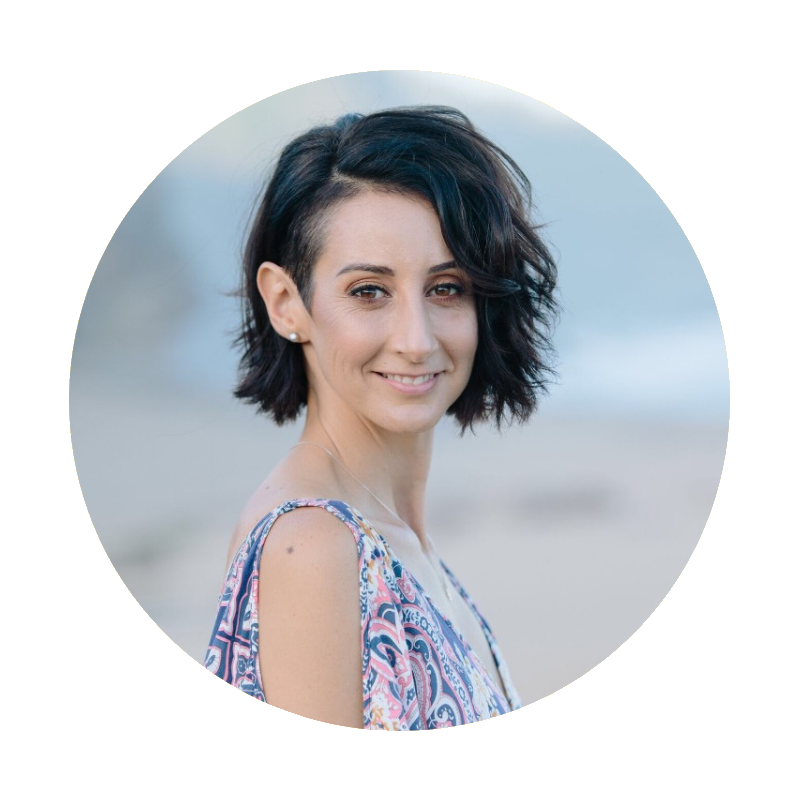
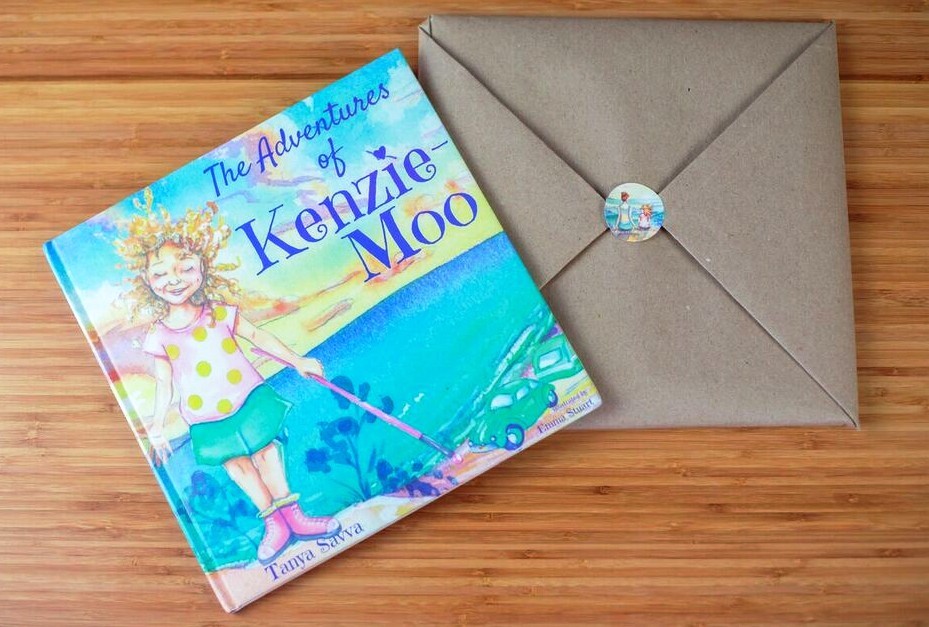
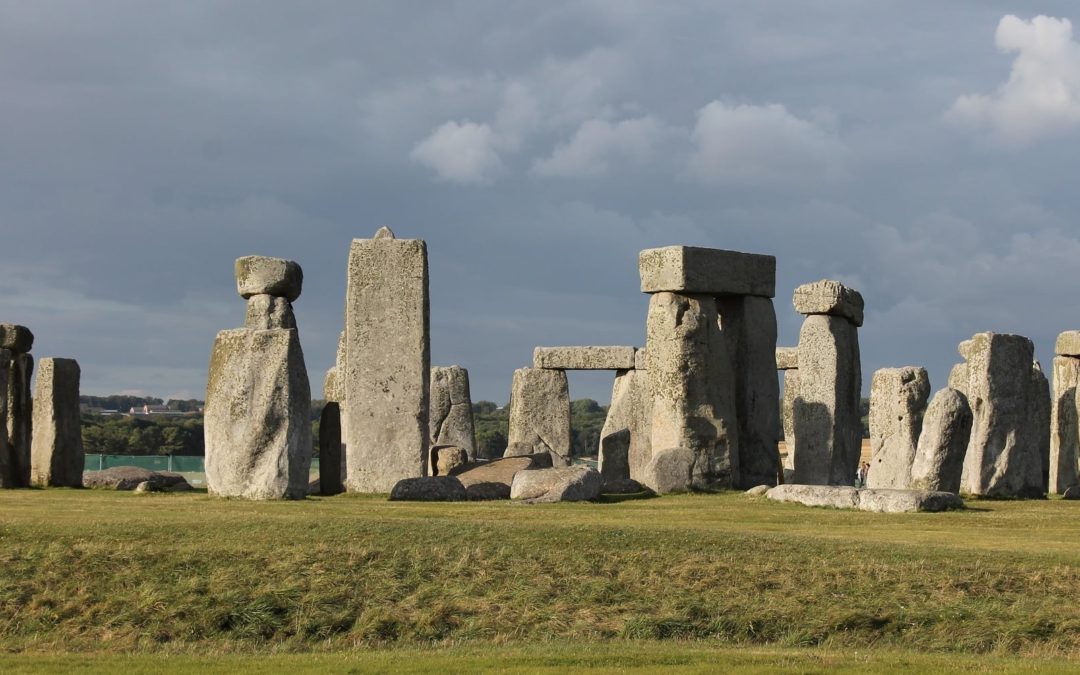
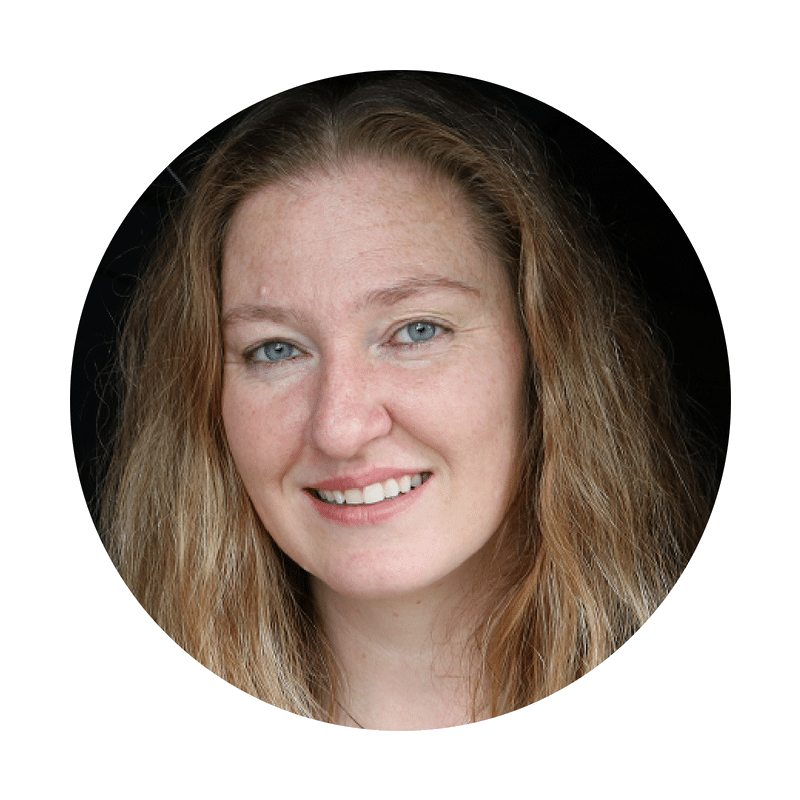
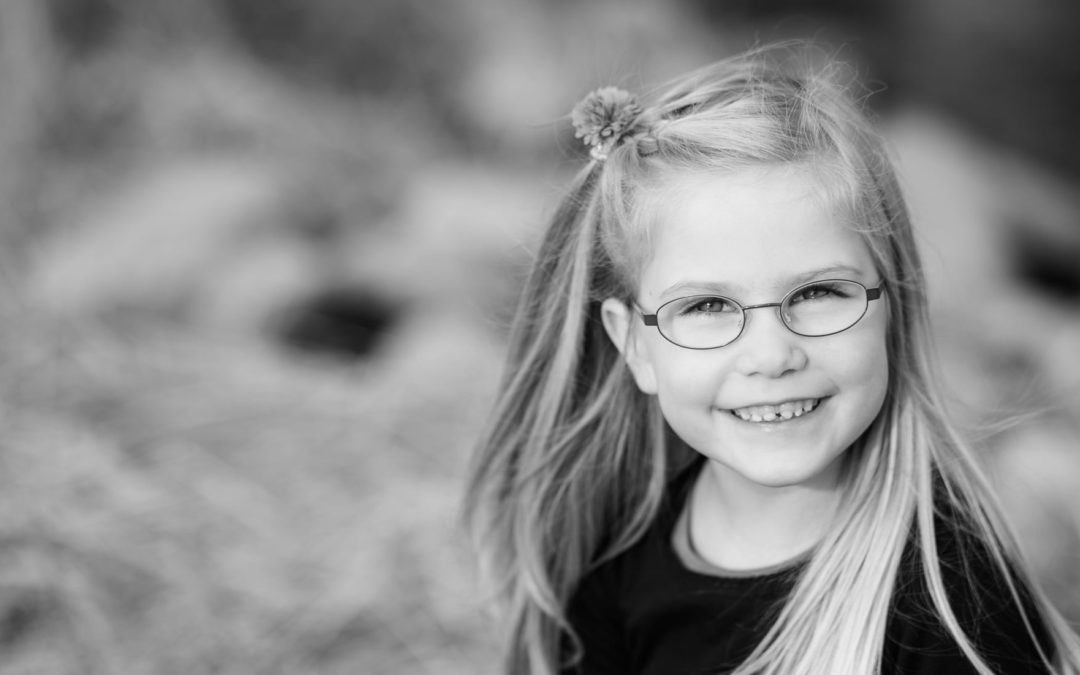
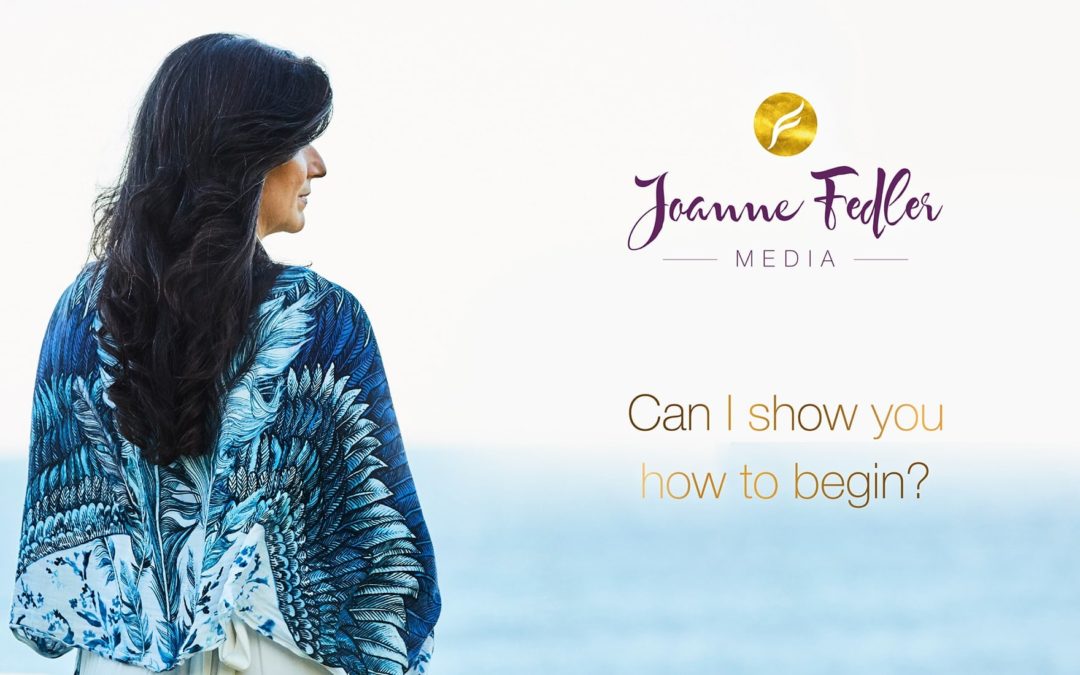
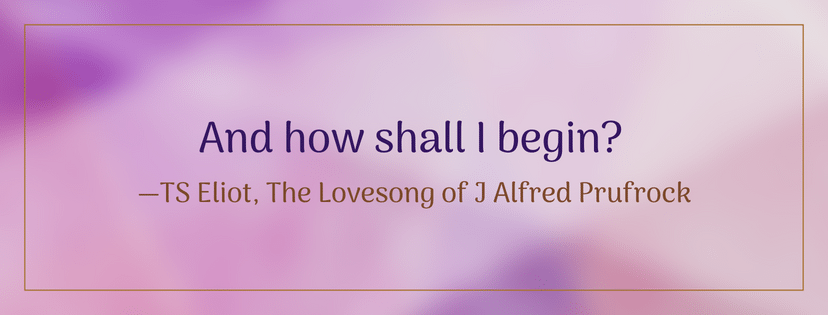
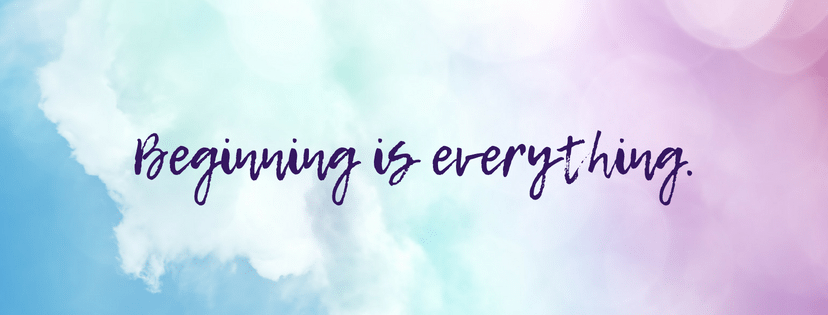
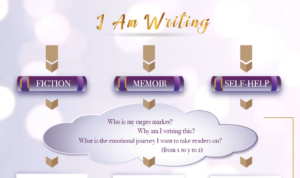 Below, you’ll find a map – an infographic – which will ask you to identify whether you’re working on fiction, memoir or self-help and will then guide you to the essential questions you need to tackle as a starting point for each one.
Below, you’ll find a map – an infographic – which will ask you to identify whether you’re working on fiction, memoir or self-help and will then guide you to the essential questions you need to tackle as a starting point for each one.